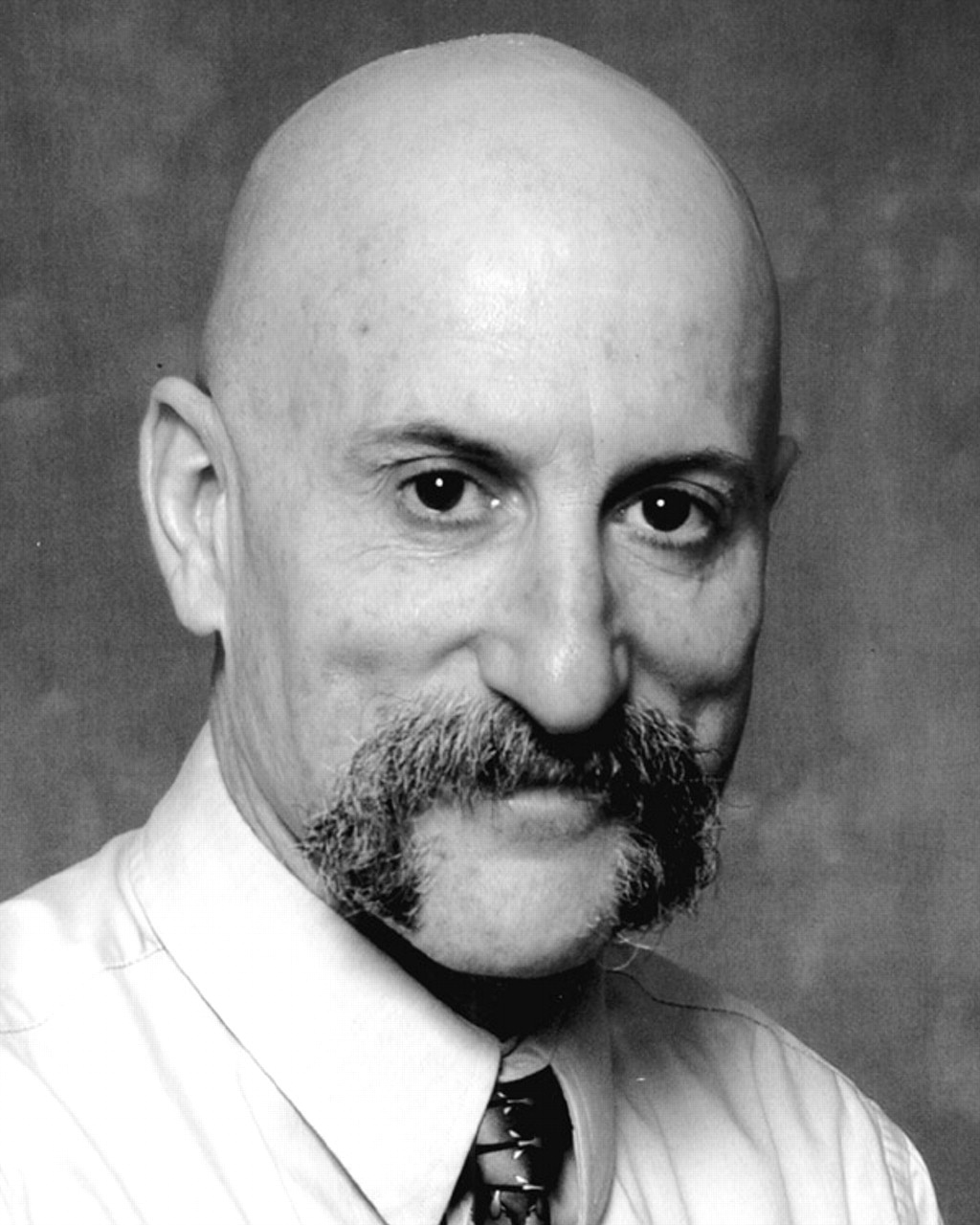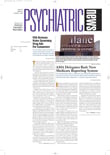Professor/Director of Public Psychiatry, University of Massachusetts
APA Assembly: Area 1 Representative, 2002-; Deputy Representative, 2001-02
Distinguished Fellow (Member Since 1976)
Massachusetts Psychiatric Society: Representative, 1993-2001; Lead Representative, 1996-2001
Psychiatric Services: Editorial Board, 1992-2000; Column Editor, 1994-; Book Review Editor, 1995-
Officer, Center for Mental Health Services National Advisory Committee, 2004-
APA Van Ameringen Award for Psychosocial Rehabilitation, 2003
An Area trustee (AT) has to represent her/his area at APA and APA in his/her Area. To do this effectively, an AT needs to work to enable APA to meet the needs of both patients and its members while ensuring that APA is representational, responsive, respectful, and respected.
The challenges that face North American psychiatry are myriad.
Access. Individuals who are in(patients) can't get out, and persons who are out(patients) can't get in. This is a function of both inadequate funds and misapplied resources. The system is awful for adults and abysmal for children and adolescents.
Recovery. The current focus of services for persons with serious mental illnesses is recovery. Despite APA issuing the position statement“ Use of the Concept of Recovery” in mid-2005, psychiatrists remain too far from this endeavor. We are at risk of being marginalized beyond medication management.
Equality. The quest for parity has made gains in the states but languishes at the federal level. Stigma continues to plague those with mental illness and those who treat them. We fail to fund treatment for psychiatric disorders in any way proportionate to the burden of disease they represent.
Autonomy. Psychiatrists are being strangled by encroachments on freedom to practice. Managed care is managed practices. Decision making is too far from direct patient encounters. Psychiatrists are being blasted by encroachment on their scope of practice from those who want to practice all manner of psychiatric treatment, from psychologists to most recently pharmacists.
What can you and I as AT do to help APA address this?
Openness. Work to have APA extend its efforts to be open to its members: open in its advocacy, open to provide meaningful benefits to members, open to psychiatrists in all practice settings, and open in an activist way.
New and now. Continue to think outside the box—to push APA to think in new ways and to do so now. We, the APA membership, are an eclectic group but we cannot allow our diversity to become the engine that drives immobility. Et l'APA doit maintenant se souvenir que son membership ne provient pas seulement des États-Unis et sa nouvelle pensée doit ainsi inclure ses membres canadiens.
Economics. Work to overcome the economic uncertainties of our patients and our members. Hurdles are everywhere: Medicare's new conundrum—Part D—affecting those dually eligible (Medicaid and Medicare); threatened cuts in insurance-covered antipsychotic medications in response to the first reading of the CATIE study; and falling reimbursement rates that lead to bankrupting private hospitals, general hospital psychiatry programs, and child/adolescent services systemwide. To be an effective agent in addressing these, APA must keep its own economic house in order. Recent efforts are promising; renewable vigilance is the order of the day.
Beyond enthusiasm, practicality, and advocacy, one attribute I would proudly bring to the AT position is that I have many friends in“ low” places. It is they and their peers who can inform our work and to whom we owe a great duty.
Primary Professional Activities and Sources of Income
As professor and director of public sector psychiatry, I am full time at the University of Massachusetts Medical School, where I do administration, teaching, supervision, patient care, and research: 75% of income. On my own time I do state and agency consultation and other forensic work: 25% of income.

